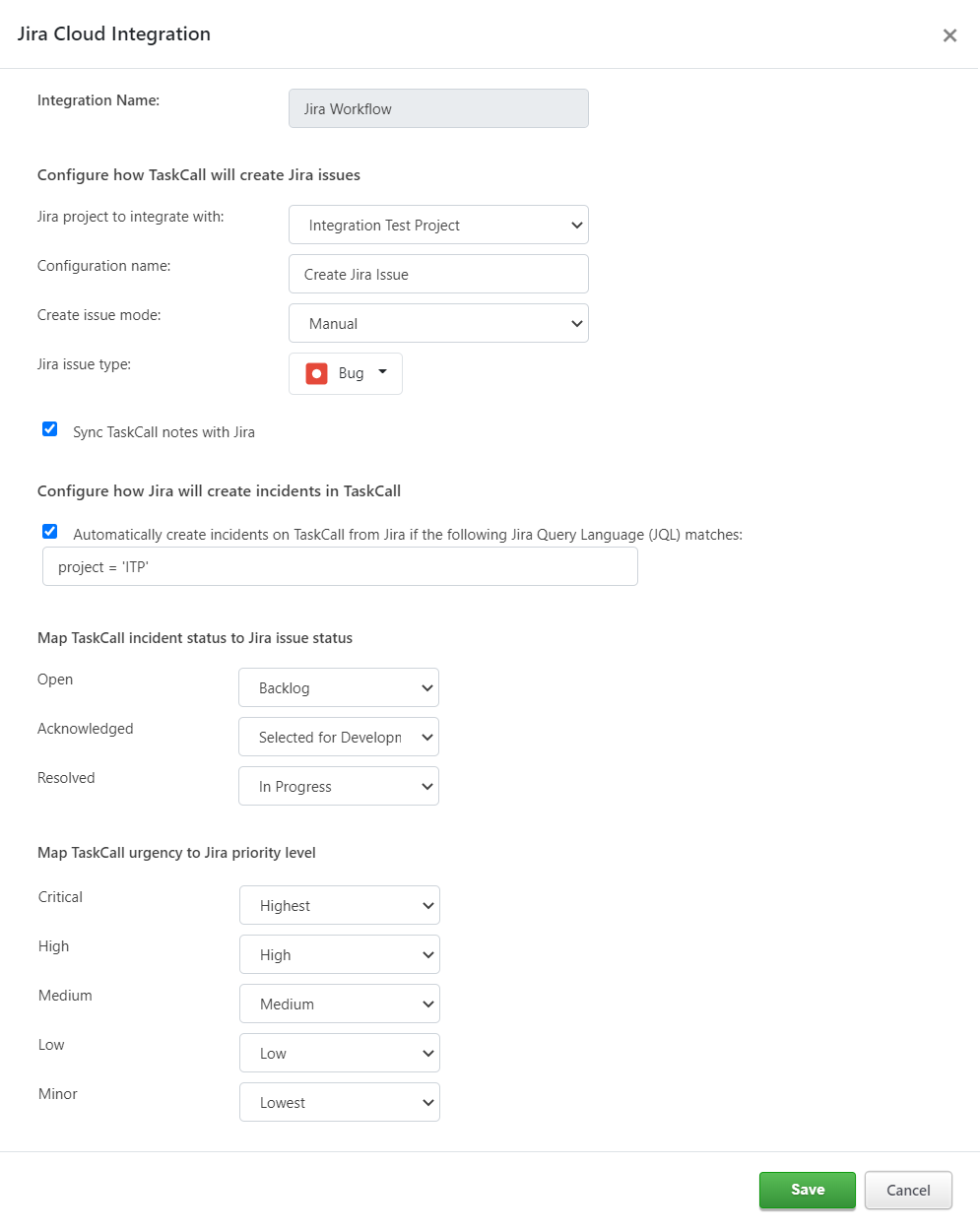Features
Sequential Actions
Build a chain of commands to run one after another automatically or with a single click. Actions can be predicated to only run if certain conditions are met, allowing validation prior to execution. Automate processes to reduce DevOps load so they can focus on issues that require more human involvement.
Learn more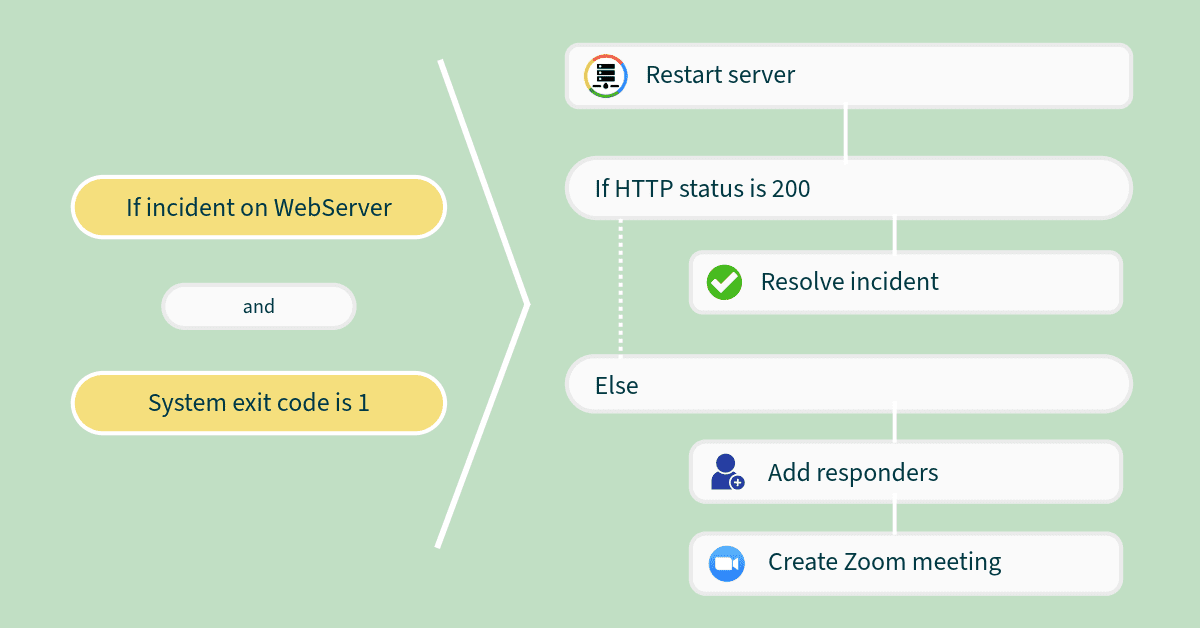
Outcome Dependent Executions
Give more meaning to your workflow automation. In a chain of commands some steps may be outcome dependent. Your next action may depend on the outcome of your prior actions. Define how each action outcome must be perceived and embed deductive logic into your business process automation to identify what course of action to take next. Design intelligent workflows aimed at reducing time to resolution.
Learn more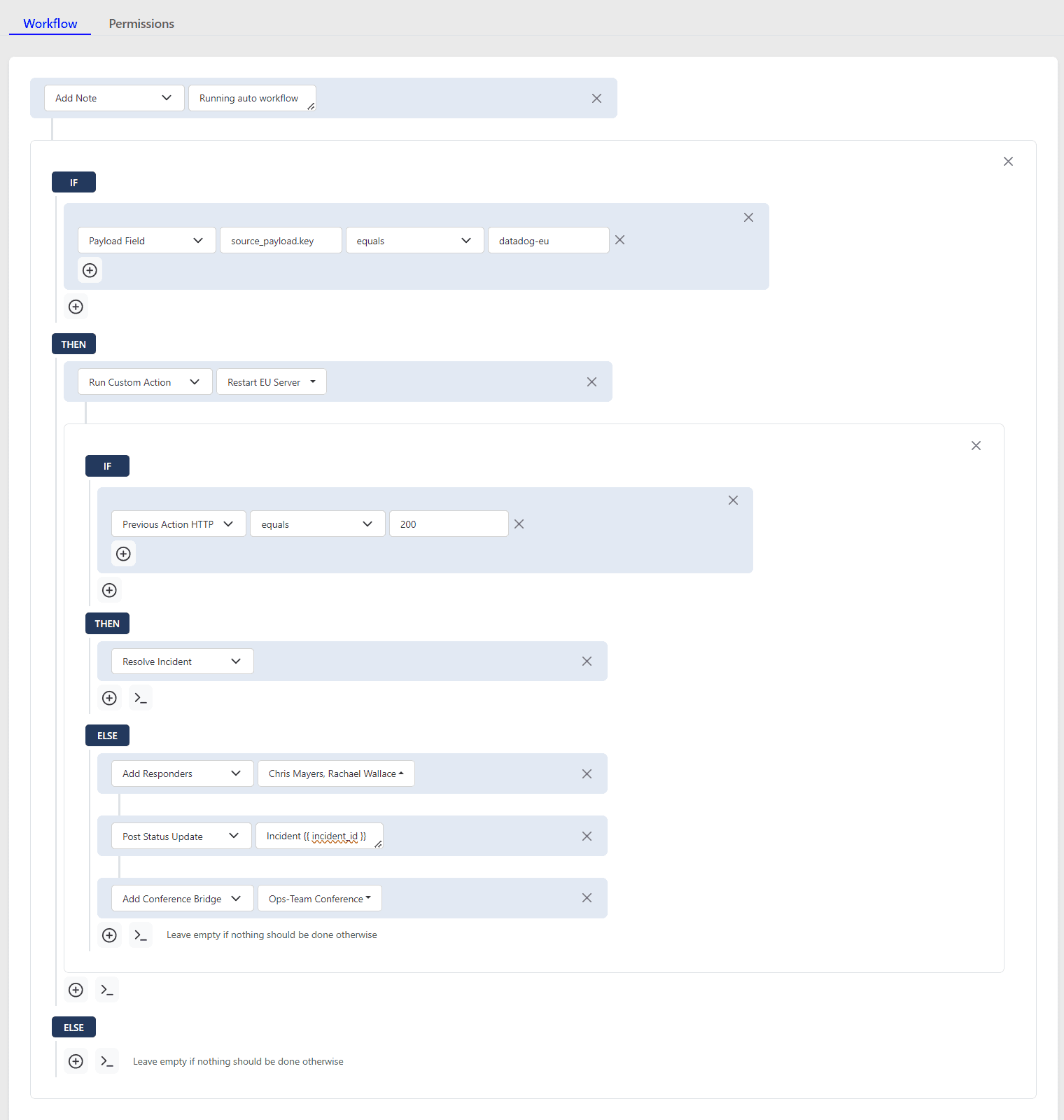
Contextualize Actions
Get the most of your workflow automation by contextualizing defined conditions or actions with incident or prior action specific data. This will allow content-based validation of pre-conditions rather than sole reliance of success or failure of a prior action. Meaningful data can be shared in operations orchestration to provide receiving applications with comprehensive context for a reliable and successful execution.
Learn more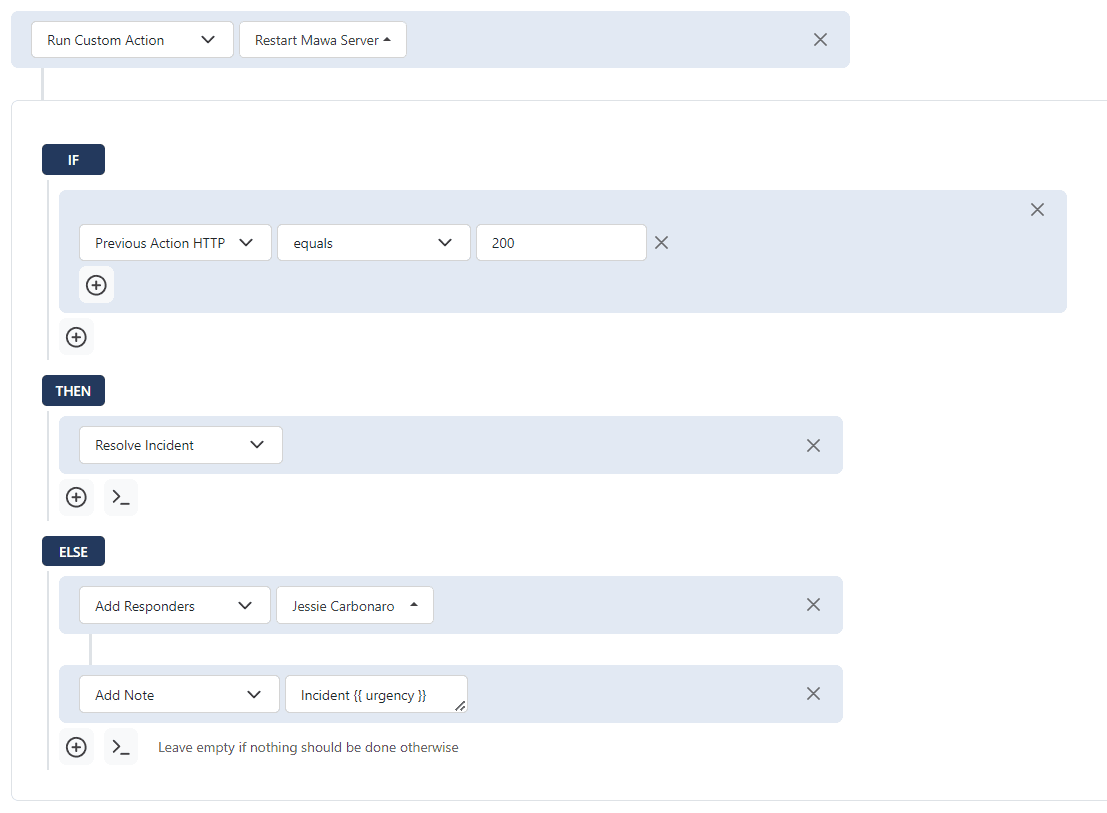
Automated Diagnosis
Run diagnostic tests on your system through a built-in integration with Rundeck right from TaskCall. Manually run them with a single click or define conditions to automatically run at other times. Don't burden your developers with manually going through system checks and lose precious time. Automate your diagnostic workflow to run as soon as an incident occurs while assembling a response team. Results are logged in the Incident Timeline so that when your on-call responders start investigating, they have all the diagnostic results available already and can quickly identify the root cause and possible impact in other components.
Learn more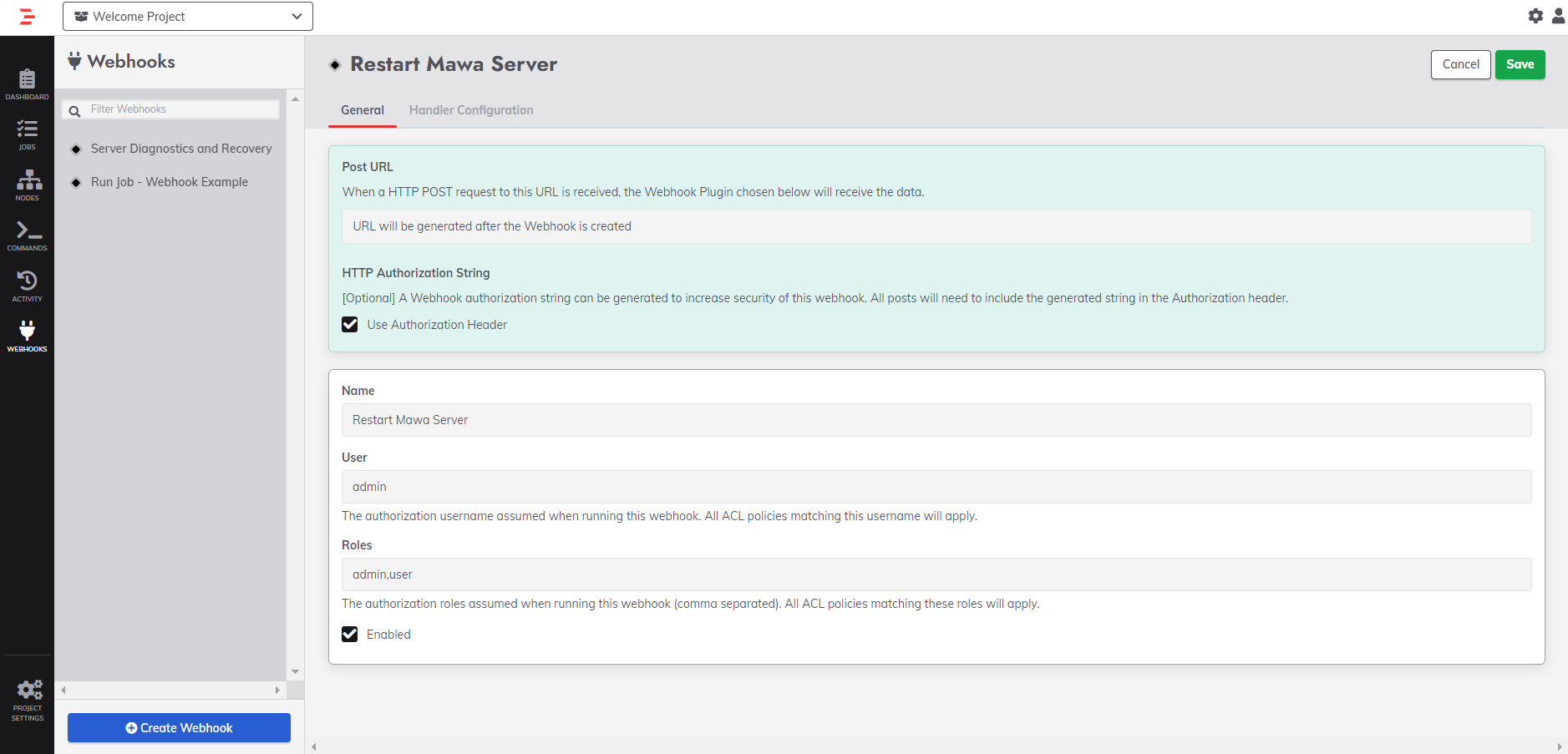
Automated Response
Although sometimes incident resolutions may be unique and may require more hands-on effort from responders, other incidents can be managed through a known set of actions. Automate these known resolutions like restarting a server, updating system limits, or anything that can be systematically defined with TaskCall's workflow automation. Run jobs through our CI/CD pipelines or run custom actions on your own servers to deploy incident resolutions automatically. Reduce daily interruptions for DevOps and ITOps teams so they can focus more time on innovation and less on maintenance.
Learn more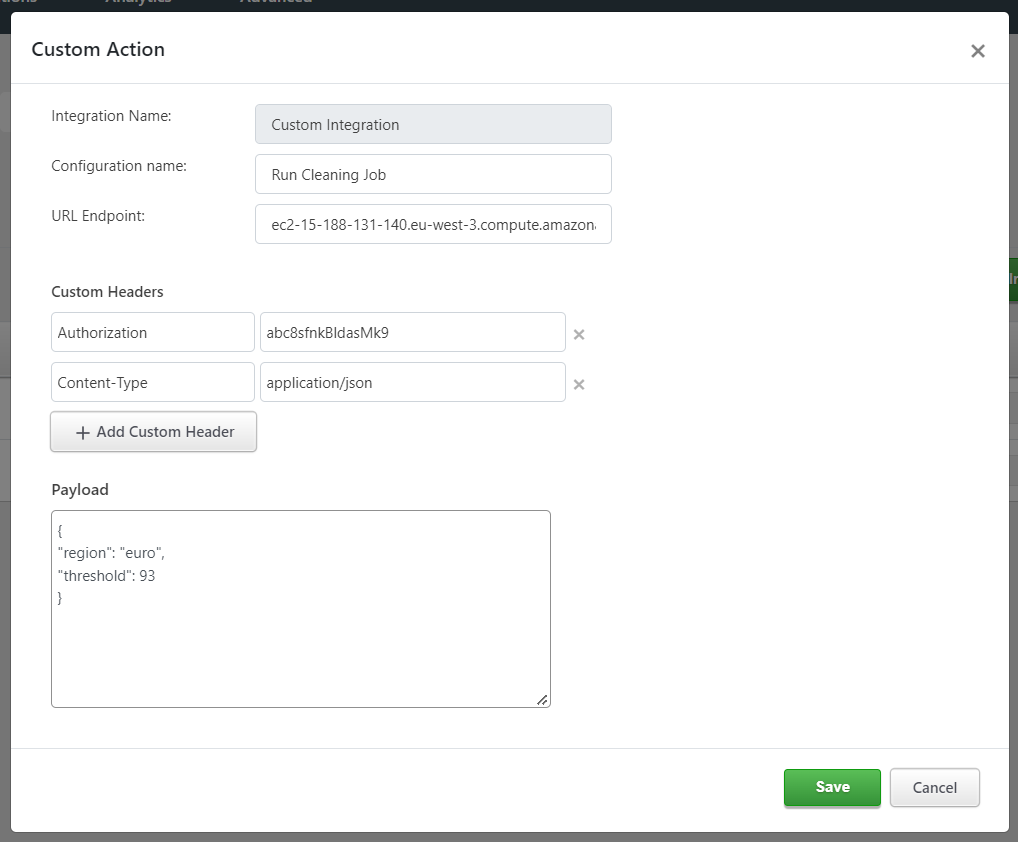
Auto Synchronization
Modern DevOps, DevSecOps, ITOps and CustomerOps teams together manage their firms operations to provide the most reliable and consistent service to their clients. Streamline communication across teams through automated synchronization with other applications with our built-in integrations. Create tickets in your ITSM tools like Jira, ServiceNow or your customer support tools like Zendesk, Freshdesk. Automatically update these tickets as related incidents are updated and derive a single source of truth for all your incident management.
Learn more